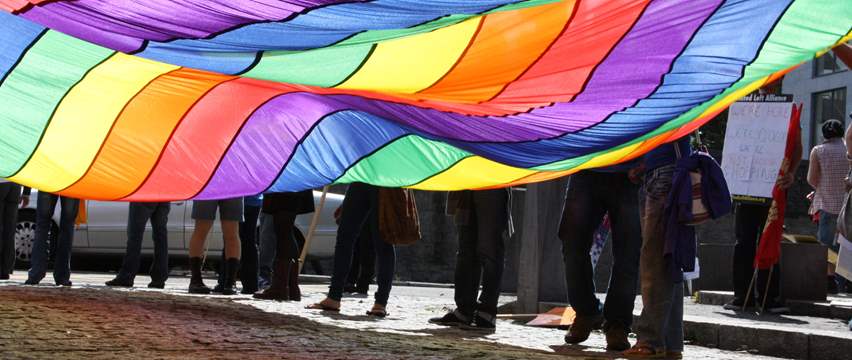
Iranian authorities must immediately disclose the fate and whereabouts of hundreds of members of the Ahwazi Arab ethnic minority being held without access to their families or lawyers, Amnesty International said following reports that some have been executed in secret.
In the last few days, Ahwazi Arab activists outside Iran have told Amnesty International that 22 men, including civil society activist Mohammad Momeni Timas, have been killed in secret.
Since 24 September, up to 600 Ahwazi Arabs have been detained incommunicado in a wave of arrests following a deadly armed attack that took place in Ahvaz, Khuzestan province, two days earlier.
“If confirmed, the secret executions of these men would be not only a crime under international law but also an abhorrent violation of their right to life and a complete mockery of justice, even by the shocking standards of Iran’s judicial system,” said Philip Luther, Amnesty International’s Research and Advocacy Director for the Middle East and North Africa.
“It is difficult to imagine that these individuals could have received a fair trial within merely a few weeks of their arrests, let alone had the opportunity to appeal death sentences.”
One of those reported to have been secretly executed is Ahmad Heydari, a 30-year-old ceramics shopkeeper who was arrested within a few days of the armed attack in Ahvaz.
His family heard no news of his fate or whereabouts until 11 November, when they received a telephone call summoning them to the information centre of the Ministry of Intelligence in Ahvaz. There, they were given his death certificate and told he had been executed on 8 November.
Officials said they were not handing over his body for burial and told the family they were not allowed to hold a memorial service for him.
By contrast, the governor of Khuzestan province told the state-run Islamic Republic News Agency on 12 November that reports of 22 detainees being executed are “complete lies”. He also said that those arrested in connection with the Ahvaz attack have been charged, but gave no indication that any of them had been brought to trial.
“In the absence of any information about the whereabouts of the detainees feared killed, the governor’s blanket denial will provide little comfort to families who have been unable to see or hear from their relatives since their arrests,” said Philip Luther.
“The reported executions heighten our fears that the hundreds of other Ahwazi Arabs in detention in the wake of the Ahvaz attack may face death sentences or other harsh treatment.”
Amnesty International calls on the Iranian authorities to reveal the whereabouts of all the detainees without further delay and provide information about what legal procedures have taken place to date. The authorities must give the families and their lawyers access to the detainees and ensure they are protected from torture and other ill-treatment.
Amnesty International is also calling on the authorities to release immediately and unconditionally any Ahwazi Arabs held solely for peacefully exercising their right to freedom of expression, association or peaceful assembly or solely on account of their ethnic identity.
“While the Iranian authorities have a duty to bring to justice anyone suspected of criminal responsibility for the attack in Ahvaz in fair trials, they must not use this as an excuse to carry out a purge against members of Iran’s persecuted Ahwazi Arab ethnic minority,” said Philip Luther.
Amnesty International opposes the death penalty in all cases without exception regardless of the nature of the crime, the characteristics of the offender, or the method used by the state to kill the prisoner. The death penalty is a violation of the right to life and the ultimate cruel, inhuman and degrading punishment.
Public Document
****************************************












 Posted in
Posted in 











